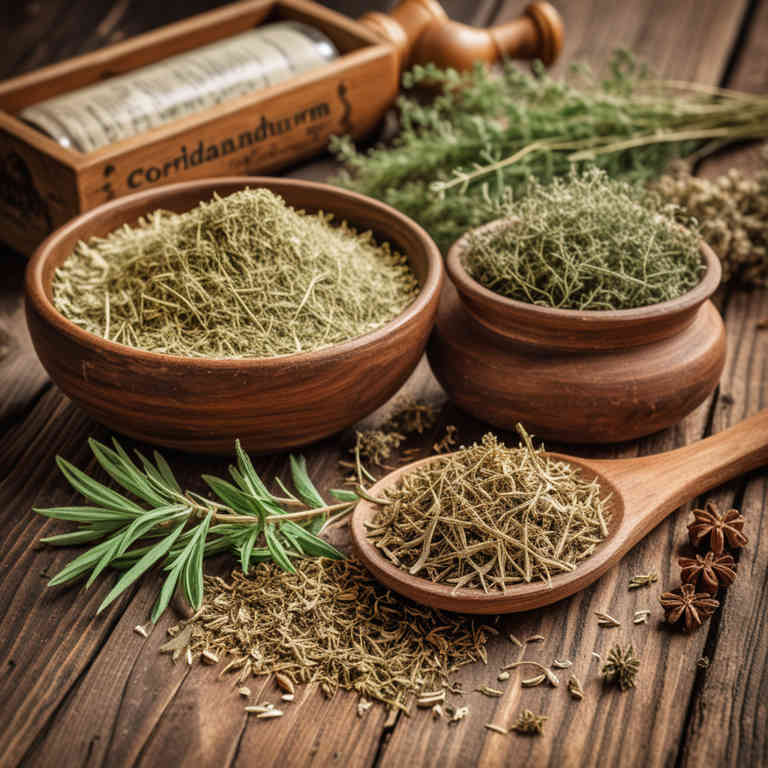Coriandrum sativum decoction for medicinal use

Coriandrum sativum decoction is a preparation made by boiling the seeds or leaves of the coriander plant in water to extract its active compounds.
This decoction is commonly used in herbalism for its digestive and anti-inflammatory properties. It is often employed to alleviate symptoms of digestive disorders such as bloating, gas, and indigestion. The decoction may also help reduce stress and promote relaxation due to its calming effects.
In traditional medicine, it is used to support respiratory health and as a mild sedative.
Uses
Coriandrum sativum decoction has been used to treat digestive issues, respiratory ailments, and as a general tonic for overall health.
Historically, it was valued in ancient Egypt, Greece, and Rome for its medicinal properties and was often used to aid digestion and relieve inflammation. In traditional Chinese and Ayurvedic medicine, the decoction has been employed to promote circulation, reduce stress, and support immune function. Modern research suggests it may have antioxidant, anti-inflammatory, and antimicrobial properties, making it a popular ingredient in contemporary herbal remedies.
Today, it is still used in various forms to support digestive health and as a natural remedy for nausea and gastrointestinal discomfort.
Benefits
Coriandrum sativum decoction has health benefits such as aiding digestion, reducing inflammation, and supporting respiratory health.
This herbal preparation is known for its ability to relieve gastrointestinal discomfort and promote healthy digestion by stimulating the production of digestive enzymes. It also has antioxidant properties that help protect the body from oxidative stress and support immune function. Additionally, coriander decoction may help in managing symptoms of colds and coughs due to its expectorant and decongestant effects.
Overall, it is a valuable natural remedy for a variety of health concerns.
Constituents
Coriandrum sativum decoction active constituents include compounds such as terpenes, flavonoids, alkaloids, and essential oils.
These components contribute to the decoction's anti-inflammatory, antioxidant, and digestive properties. The essential oils, including linalool and terpinene, are responsible for its aromatic and therapeutic effects. Flavonoids like apigenin and luteolin support immune function and reduce oxidative stress.
Alkaloids in coriander may aid in regulating blood sugar levels and improving overall metabolic health.
Preparation
To make Coriandrum sativum decoction, start by gathering 1 to 2 tablespoons of fresh or dried coriander seeds.
Rinse the seeds thoroughly and place them in a pot with 2 cups of water. Bring the mixture to a boil, then reduce the heat and let it simmer for about 15 to 20 minutes. Strain the liquid through a fine mesh strainer or cheesecloth to remove the seeds.
Allow the decoction to cool slightly before consuming, and it can be taken 2 to 3 times a day as needed.
Side Effects
Coriandrum sativum decoction may lead to gastrointestinal discomfort such as nausea, vomiting, or diarrhea in some individuals.
It can also cause allergic reactions in people sensitive to coriander, manifesting as skin rashes, itching, or respiratory symptoms. Prolonged use may interfere with hormone levels due to its phytoestrogen content, potentially affecting reproductive health. In high doses, it may cause liver toxicity, although this is rare.
It is important to consult a healthcare professional before using coriandrum sativum decoction, especially for pregnant women, nursing mothers, or those with existing medical conditions.